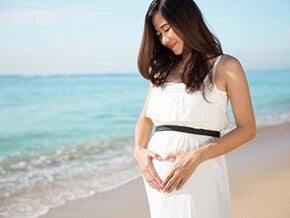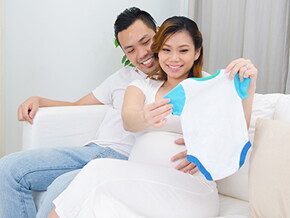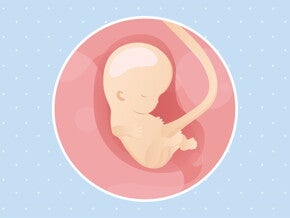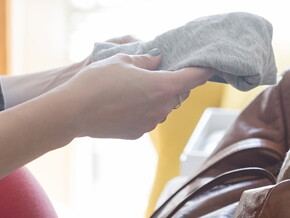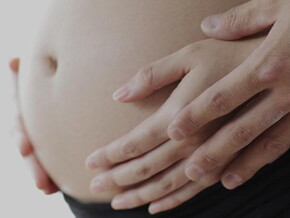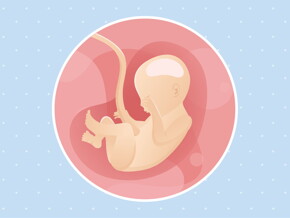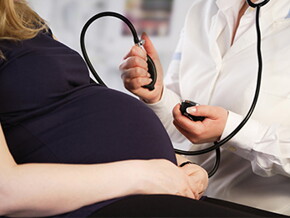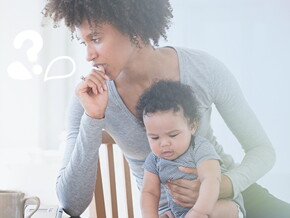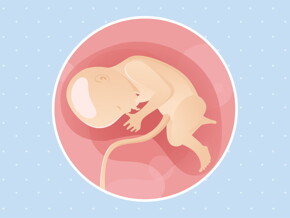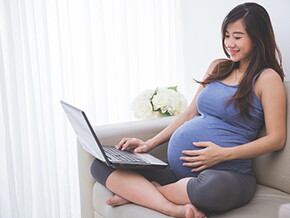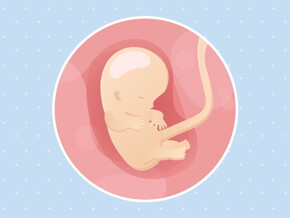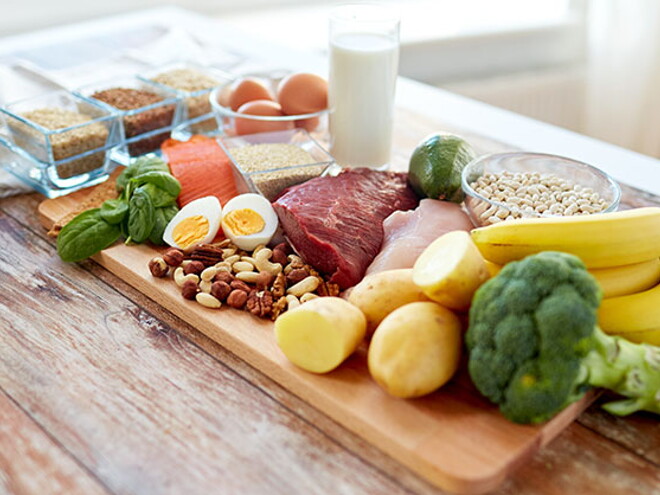
“We both need calcium!”
During your pregnancy you should provide your baby with sufficient calcium to help his bones and teeth development. Sufficient Vitamin D is also important to help absorb and use the calcium, as well as proteins to build and maintain the bone structures.
If you don’t provide your baby with enough calcium in your diet, he will deplete your calcium reserves and you may be at risk of suffering from calcium deficiency. The health of your bones could be at risk; it has been shown that women with insufficient calcium after they reached their teens are at higher risk of suffering from osteoporosis, especially if they’ve been pregnant. The two vital nutrients for strong bones are Calcium and Vitamin D. If you aren’t getting enough, your doctor might decide to prescribe them as a supplement.
Sunlight, Calcium and Vitamin D.
Calcium is found in milk and dairy products, in some mineral waters and in smaller amounts in fruit and vegetables.
The recommended calcium intake for pregnant women is 1000mg per day. There is approximately 250mg of calcium in a glass of milk, in 1 cup of yogurt, or in an average piece of cheese (a small piece about an inch wide). Take note of your serving sizes or read the nutritional label to be aware of your calcium intake.
Vitamin D can either be obtained from your diet or with exposure to sunlight; it can be produced in your body. For Singaporeans living in the tropics, most of us obtain sufficient Vitamin D without any special dietary intake.
Getting some fresh air and making the most of life outdoors is more than enough. You should take some precautions when exposing yourself to the sun, as your skin is delicate at this time due to the effects of your hormones (progesterone and estrogen). Your baby is not at risk, but you are at risk of being left with permanent marks on your skin, especially on your face, due to the tanning pigment (melanin) under your skin.
Avoid being out in the sun when ultraviolet radiation is at its strongest, between 11:00am and 4:00pm. If you must go out in the sun, do it gradually and protect yourself using sun lotion with a high SPF value (30 to 50), which you should reapply every two hours.
Protect your face with a hat and apply more sun lotion to more sensitive parts of your body: your face, neck, stomach and breasts. If you wear a swimsuit, make sure to wear a nice cover-up.
With the right nutrition, the supplements your doctor may prescribe if necessary, and some precautions when outdoors, you can help to build your baby’s skeleton without damaging your own bones and skin.

